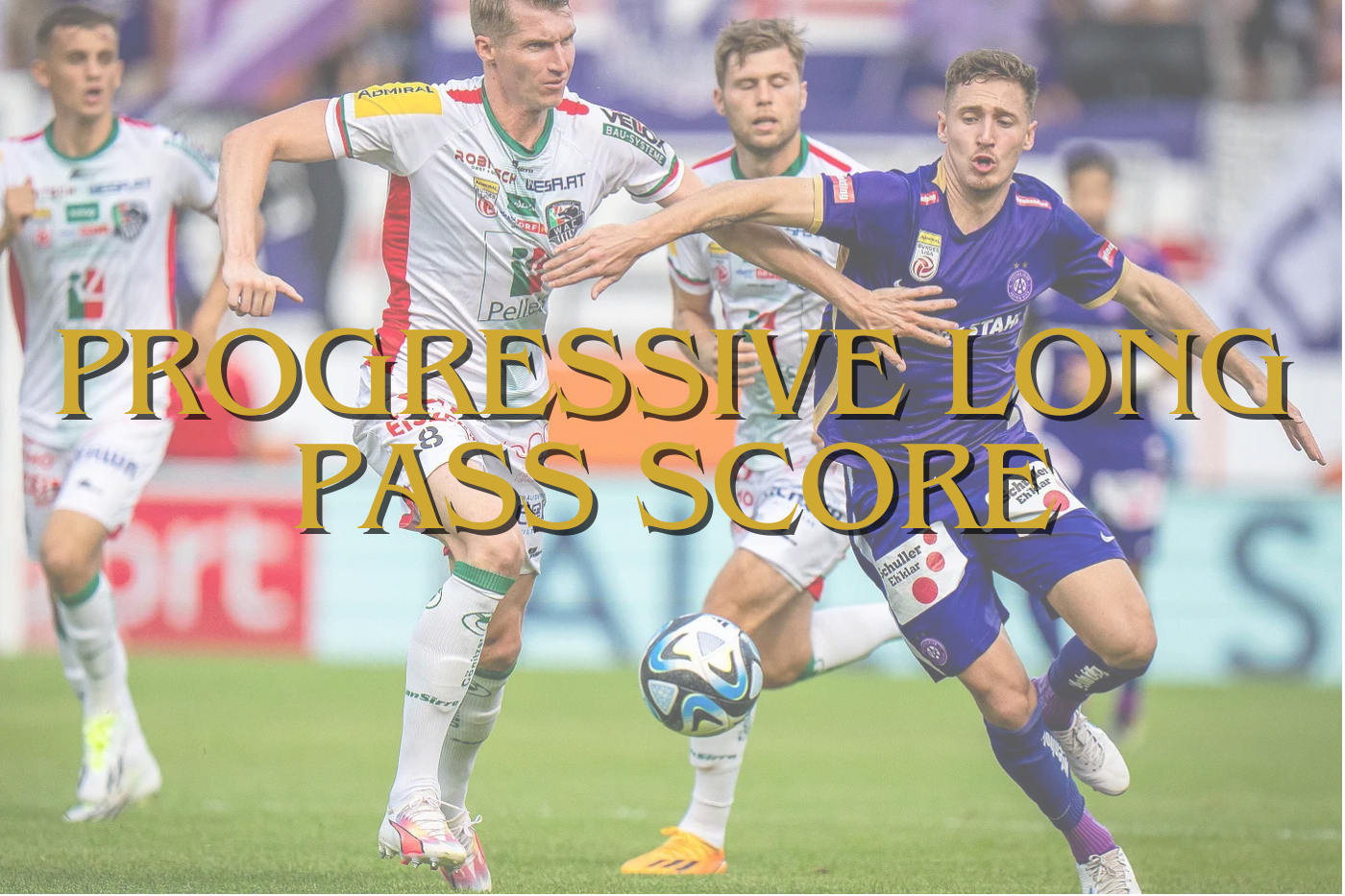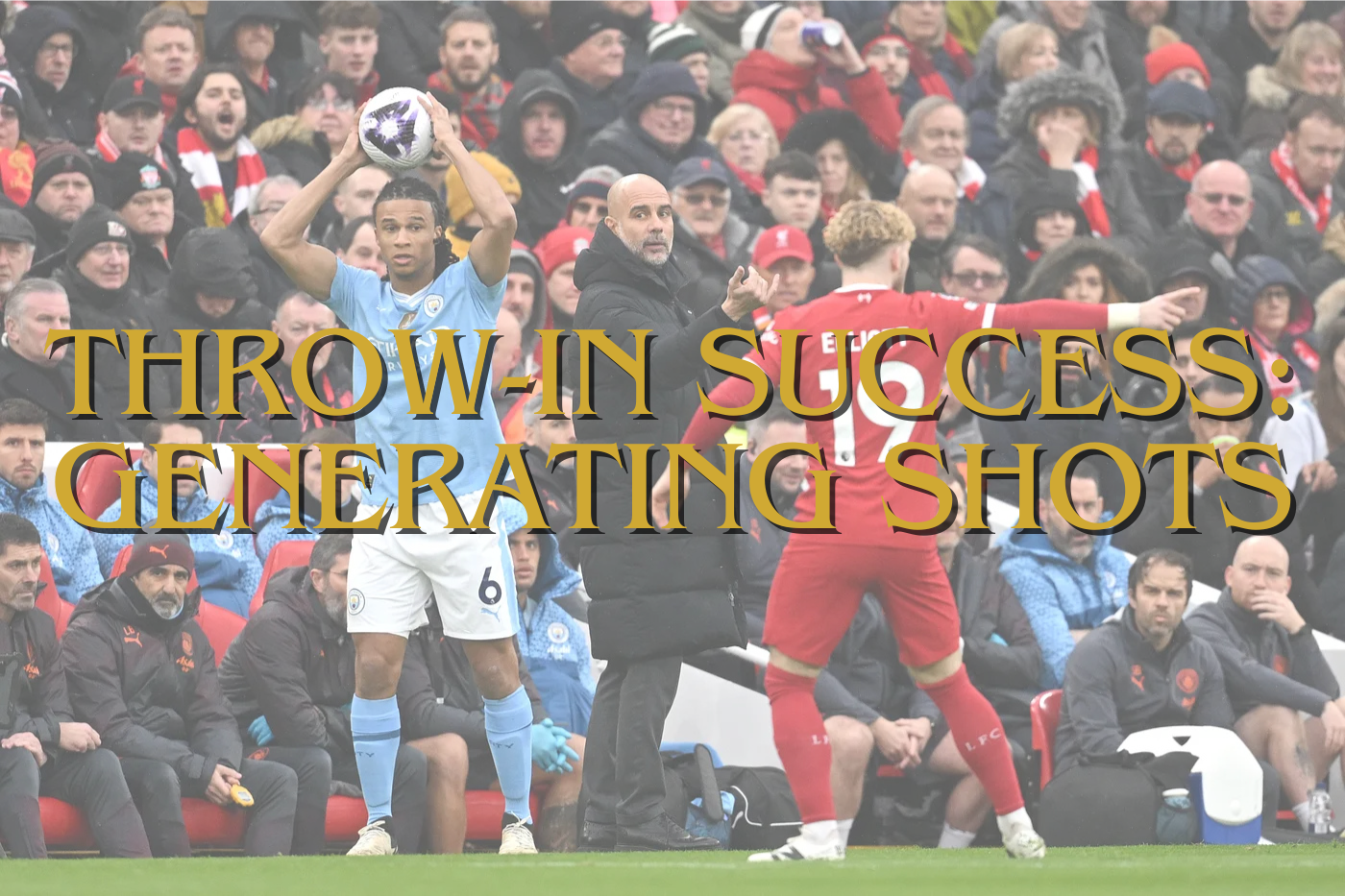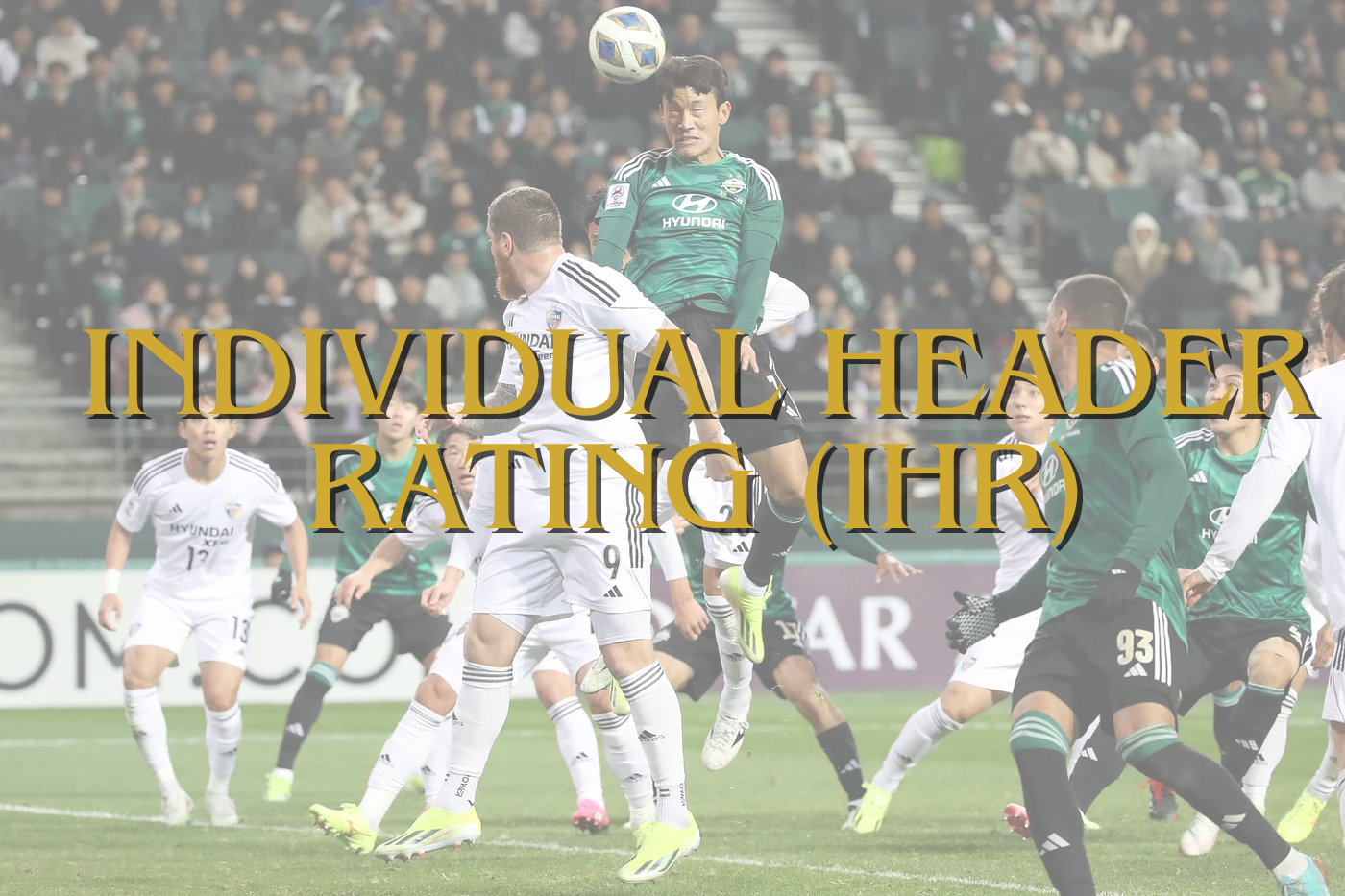I’ve been sitting on this particular topic for quite some time now. Why? Well, my experiences do tell me that the topic of mental health is a rather difficult one in the football industry. I mean, it’s very difficult to talk about, but the conservative values of the football industry can make it rather painful. Other than used as a marketing tool, the topic of mental health is not something people in the industry like to talk about.
A few years ago I was talking to an academy coach who made the remark that if I struggle with depression or something like that, I am not fit for a job in elite football. At the time this had a great impact on what I was doing and really thought this was the truth. It discouraged me of going further into the coaching world and I do have regrets that I let that particular comment get the best of me, for I am a much stronger person that that comment might suggest.
If you are reading this and you have interacted with me before, you might know that I have been diagnosed with several mental illnesses, with Bipolar Disorder and OCD being the ones that are more present in my day to day life. This means that I will go through crippling anxiety almost every day of my life combined with the extreme highs and extreme lows of bipolar disorder. This post is obviously not solely about me, but in the past I have let my mental illness – willingly and unwillingy – dictate what I was going to in life. I have certain qualities in scouting and analysis, and I’m sure to some extent, I would make a decent coach. But in some ways, I have never reached my full potential. There’s a quote by William Shakespeare that describes it best to me:
Our doubts are traitors, and make us lose the good we oft might win, by fearing to attempt
Now the main reason that I wanted to write about this particular topic is that I want to share what it means to live with a certain mental illness, to create understanding of how deep it might go. And another reason is that we as coaches, analyst, medical staff and scouts can attribute to the better conditions surrounding mental health.
My mental health
Talking about mental health is very important if you ask me. Personally it has helped me to find a balance in my life, but it was no smooth walk in the park. Coming to terms with your mental illness(es) is quite the difficult quest. It took me a while and I had to go through very low places with people who were intentionally and unintentionally toxic in my environment.
At a point in my life I started to think about the way I felt about myself and of life in general. I started to question my behaviour and wondered if this sadness or frustration or extreme, intense feelings that I had were different from normal. The only thing that made me act upon my suspicions was time. Like the song Time by Pink Floyd. All those feelings I had were there constantly and consistenly, which led me to believe this wasn’t normal.
But what does normal even mean? And what does it mean to be different to what’s normal? These are fair questions that I only now know to answer correctly. I felt different at the time and still do, but instead of accepting that it’s okay to not be standard, I thought of myself as a freak. I was abnormal and I felt very negative about that. That negative feeling turnt into the feeling of not belonging. At that time I thought of hard boundaries, instead of that those boundaries were constructed by society, which is changing all the time. Like an organism.
At this point I was incredibly insecure, sad, angry and most of all: I was really, really confused. Confused at everything and anything. This confusion and mental illness can be horrible, debilitating, disrupting, isolating and quite frankly can make you even worse. The feeling of not understanding and now knowing what was going on in my life definitely made me worse and consequently led me into very deep depression. It almost meant the end of me. It’s only when my GP and I saw the severity of the situation, that I started to get professional help. Now, I think it’s important to stress that professional help can give you a lot points to work on or guide you in the right direction, as does medication. But in my humble opinion, I think that most of the recovery or progress is made by the willingness of oneself.
My first professional mental health counselor said that I was textbook depressed and anxious. I got the diagnoses Depression, OCD and Anxiety Disorder. This relieved me of the pain of not knowing, but still the not understanding part was there. The confusion was still there. What does this mean for me? Am I ill? This confusion grew because I was diagnosed a couple of more times. It took everyone two years and 8 months to come to the conclusion that I had Bipolar Disorder. From that moment on, I started to fully understand what was going on with my mind and my thoughts within it.
I got medication and therapy which I think is a healthy combination. I’m not the one to judge, because these things work differently for everyone, but this has been working the best for me personally. This is one side of the story, because this is the more technical side of it. Working on yourself through therapy. It’s like a more theoretical side, but how did I fare in real life? Whilst I’ve been very positive with therapy and complying with what the therapists want me to do, I was rather self-destructive in life.
Talking about how you feel is not constrained to professional help, but it can be anyone. Your friends, family, co-workers, teachers, students. Anyone. But I failed to register and think about, was the fact that those aforementioned people, have not been trained in the field of mental health help. Or not everyone is willing to believe that mental health problems/illnesses are a thing. Or don’t want to talk about it. Or can’t comprehend your mental suffering. Which is why I felt left out. Because I was so ignorant enough to think that everyone could talk about it, but they were abandoning me. So I did two things. I started to alienate me from the person who love me and I started this blog (which also includes me talking about the same topics on social media). The social media and the alienation from my loved ones, that was the start of the darkest aftermath of my already darker period in life. The time that I was caught in a very toxic environment and I didn’t find out after a year or so.
Social media can be a very tough place. I’m not saying that you should dismiss social media, not at all. But in talking about mental health online, I started to hangout with people who spoke about mental health too. But not everyone did in the same capacity, and with the knowledge I do have now, I would say it was rather negative and toxic. It made me a bit worse. The thing that was negative and toxic, was the fact that I would focus on having this exclusive group with people who would suffer and we were (including myself) quite hostile towards non-sufferers. I don’t consider those people to be bad people, but it was rather toxic. In doing this I created a bigger divide between myself and my friends & family, which I do regret greatly. In that toxicness, I believed that I wasn’t worth anything, and I wasn’t worth of receiving and deserving positive feelings. In the end it was football that made me focus on something else and made me aware of the world that is out there. To be honest, I was very disconnected with reality. And I’m glad that has changed for the better right now. My balance with social media and talking about mental health has been so much better. I still talk to amazing peope online and I’m happy I’ve connected with great people. But I know my self-worth better now.
This has been a little history of my dealings with mental health in the past, but how do I live with it right now? As we speak I’m going through a bout of depression and I’m feeling rather sad. It’s not ideal, but I’m grateful that I can do the things that I want to do. It’s important that you have respect for yourself and take care of yourself.
Mental health in football academies
Mental health in football academies is such a weird topic. On one hand we can sense that the world is getting more understanding of mental health issues, but one the other hand – this doesn’t seem to be the case for football academies. There has been more understanding for players at the very top who have already made their full debuts and are established in the game, but for youth players this is incredibly hard.
The young players are not only concerned with playing well and getting results as a team, but they are in a rather special position as they need to prove themselves worthy of being in the academy AND showing that they might be a good signing for the senior side of the club. That is a huge pressure they need to deal with. And yes of course, that is what elite sport is all about, but I think it’s really important to focus more on the mental aspect of a player.
First of all, we are all humans and we should also be looked after as such. That might be a task for academies to look into, because after all, mentally strong players and players to be able to deal with their emotions, can provide great insights. Being strong doesn’t mean that you don’t suffer from a mental health problem, but it’s the way you treat and act on it, is what makes you strong.
I’m not sure where I want to go with this piece, but it’s a reminder of that mental health is vital in a player’s development as a player, but also as a human. You never know what’s really going on in the head of players and if you tend to their mental health, you might make sure the players feel more comfortable and as results, might become better players.
If you are someone who’s strugging, I always try to remind myself of the following words:
It’s okay to not be okay, but it’s equally okay to be okay. Feeling sad, angry or giving in into your mental health issue, problem or illness, is not the end of the world. Far from it. It’s not about winning or losing these battles, because in the end there’s only one thing that matters: winning the war. Shine on you beautiful diamond.







